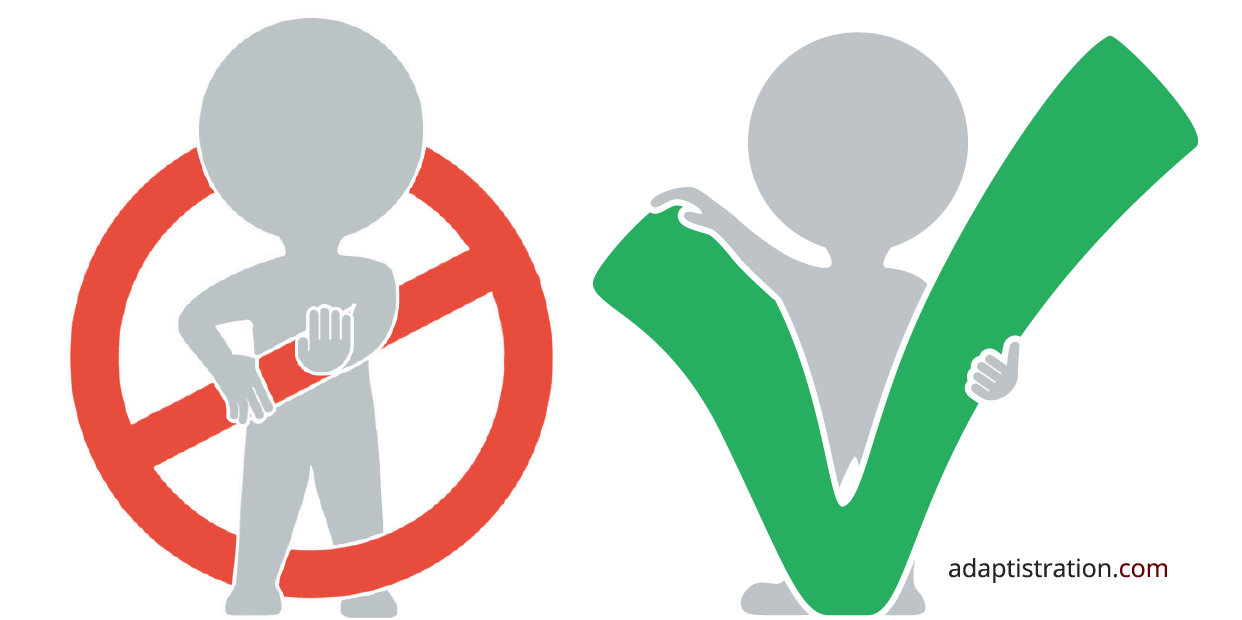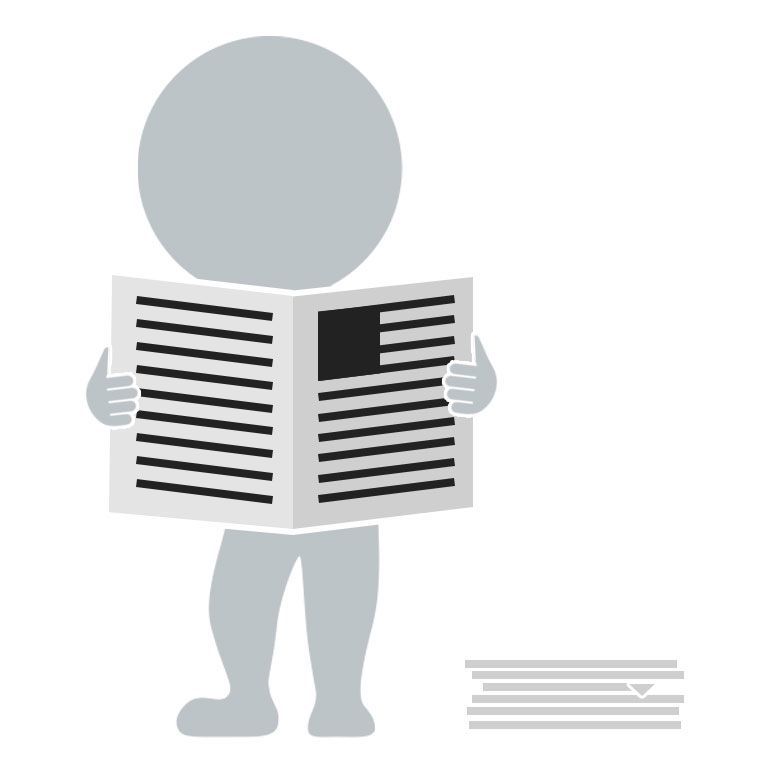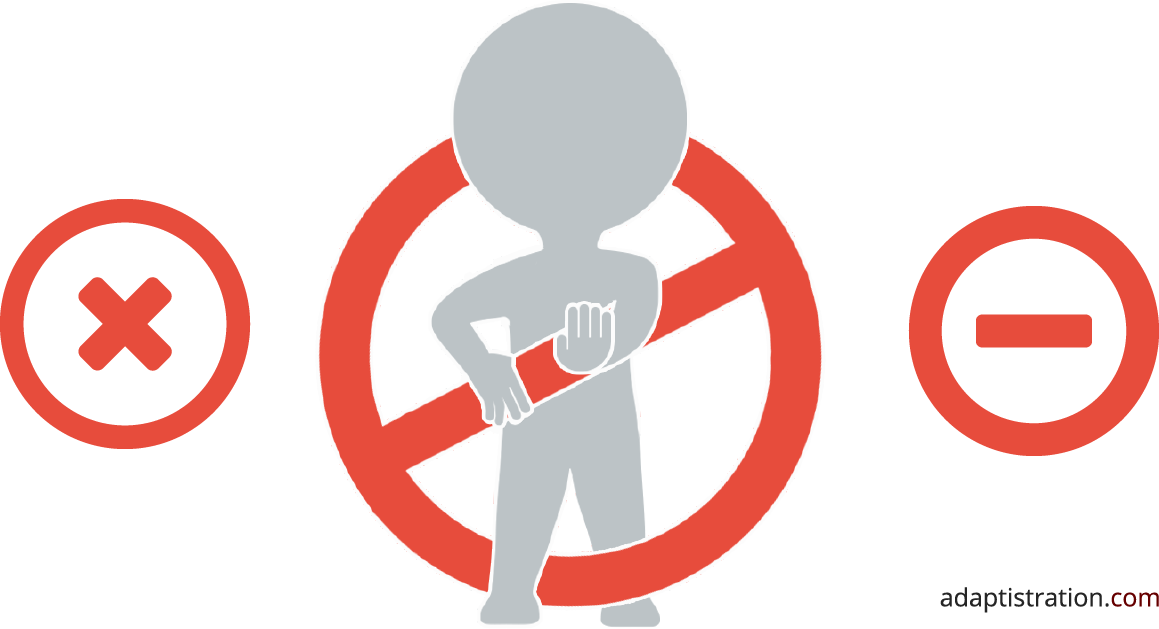There’s a superb article by David Maggs in the 7/20/2020 edition of The Philanthropist that takes an unvarnished look at finding opportunity in an environment of uncertainty and anxiety. By that, I don’t mean using a crisis to consolidate power, rather, letting go of sacred cows long enough to see what they’ve been keeping you from enjoying.
Titled Art, After Virus: Seven Questions for a Sector on the Edge, the one question that really stands out is on loss aversion.
To the question of how we navigate the unfamiliar, it may serve to realize that humans have a surprising knack for clinging to worn out models of reality. One explanation for this is rooted in what behavioural economists call “loss aversion.” We humans, it turns out, dislike losing something we do have about twice as much as we enjoy finding something we don’t. The disappointment, in other words, at losing a dollar, finds corresponding satisfaction only in finding two.
Consider the Tale of Two Pizzas (Levin, et al. 2002). In this experiment, subjects were asked to build and pay for pizzas by either removing toppings from a full pizza (decreasing its cost) or adding toppings to an empty pizza (increasing its cost). Consistently, subjects who built their pizzas by removing toppings ended up paying more than those who built them by adding. We spend more, to let go of less (hence the efficacy of moneyback guarantees and free trials).
In this regard, it appears that humans feel loss inside a moment of change more acutely than gain. In pre-COVID times, perhaps this makes sense. In the world to come, it could spell disaster, producing poor decision-making, fanning uproar where none belongs, and offering silence where there should be cries of hope.
We might imagine it like volume settings in our brains, where receptivity is low, and resistance is cranked. The more these existing pathways just feel better, the more we are left caged inside a perpetual crisis of faith, a structural disbelief in better worlds to come. Readiness, then, might come as a challenge to counter this lens of loss aversion such that we bear better witness to the worlds we do need, and less nostalgia for the ones we don’t.
Absolutely set aside some time to give Maggs’ article a read and identify areas in your professional life where one or more questions can help you affect positive change.


